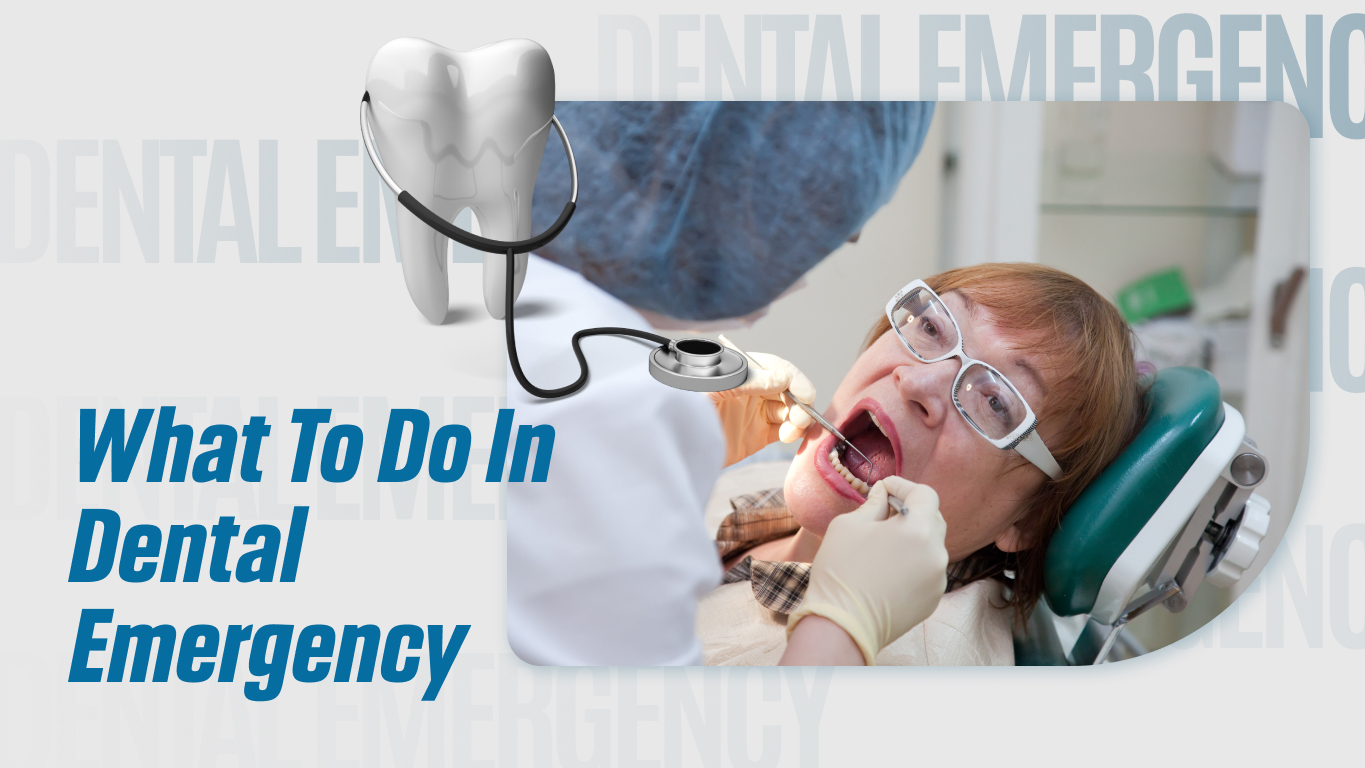Dental emergencies can strike at any time, often when you least expect them. Whether it’s a sudden toothache in the middle of the night, a knocked-out tooth during a weekend sports game, or a broken filling while enjoying dinner, knowing how to respond quickly and appropriately can make the difference between saving and losing a tooth. Understanding what constitutes a dental emergency and having a clear action plan can help you navigate these stressful situations with confidence.
Recognizing a True Dental Emergency
Not all dental issues require immediate emergency care, but certain situations demand prompt attention. Severe tooth pain that prevents you from eating, sleeping, or concentrating is typically considered an emergency. A knocked-out permanent tooth requires immediate care within the first hour for the best chance of successful re-implantation. Significant facial swelling, especially if it affects your ability to swallow or breathe, should be treated as urgent. Uncontrolled bleeding from the mouth, broken or fractured teeth with sharp edges, and lost fillings or crowns that cause severe pain also warrant emergency treatment.
Other situations that may seem urgent but can often wait until regular business hours include minor chips without pain, food stuck between teeth, or mild sensitivity. However, if you’re unsure about the severity of your situation, it’s always better to err on the side of caution and seek professional advice.
Immediate Steps for Common Dental Emergencies
Severe Toothache: Rinse your mouth with warm salt water to reduce swelling and remove debris. Gently floss around the affected tooth to ensure no food particles are trapped. Apply a cold compress to the outside of your cheek for 15-20 minutes to help manage pain and swelling. Over-the-counter pain medications can provide temporary relief, but never place aspirin directly on the gums, as this can cause tissue damage.
Knocked-Out Tooth: Time is critical in this situation. Pick up the tooth by the crown, never the root, and rinse it gently with clean water if dirty. Try to reinsert the tooth into its socket if possible, holding it in place by gently biting down on clean gauze. If reinsertion isn’t possible, keep the tooth moist by placing it in milk, saliva, or a tooth preservation kit. Seek emergency dental care immediately, as the best outcomes occur when treatment begins within 30-60 minutes.
Broken or Fractured Tooth: Rinse your mouth with warm water and save any broken pieces if possible. Apply a cold compress to reduce swelling and cover sharp edges with dental wax or sugarless gum to protect your tongue and cheeks. Avoid chewing on the affected side and seek professional care as soon as possible.
Lost Filling or Crown: Clean the affected area gently and try to keep the crown if it has fallen out. Temporary dental cement, available at most pharmacies, can provide short-term protection. For lost crowns, you can try to slip them back over the tooth using dental cement or denture adhesive, but this is only a temporary solution.
Pain Management and Temporary Relief
While waiting for professional care, several methods can help manage dental pain. Cold compresses applied externally can reduce swelling and numb pain. Warm salt water rinses can help cleanse the area and reduce bacteria. Over-the-counter pain medications like ibuprofen are often more effective than acetaminophen for dental pain due to their anti-inflammatory properties. However, avoid placing pain medication directly on the gums, as this can cause chemical burns.
Clove oil, available at most pharmacies, contains eugenol, a natural anesthetic that can provide temporary relief when applied sparingly to the affected tooth with a cotton swab. Maintaining good oral hygiene, even when in pain, helps prevent additional complications.
What to Avoid During a Dental Emergency
Certain actions can worsen dental emergencies or complicate treatment. Never ignore severe dental pain, as infections can spread to other parts of the body. Avoid using sharp objects to remove food or debris from around damaged teeth. Don’t apply heat to swollen areas, as this can increase swelling and spread infection. Refrain from taking more than the recommended dosage of over-the-counter pain medications, and never give aspirin to children under 16.
Prevention and Preparedness
Many dental emergencies can be prevented through regular dental checkups, proper oral hygiene, and protective measures. Wearing mouthguards during sports, avoiding hard foods that can crack teeth, and not using teeth as tools can significantly reduce your risk of dental trauma. Keeping a dental emergency kit at home with gauze, pain medication, temporary filling material, and the contact information of your dental provider ensures you’re prepared when emergencies arise.
When Professional Care is Essential
While temporary measures can provide relief, professional dental care is crucial for proper diagnosis and treatment. Delaying treatment can lead to more serious complications, including tooth loss, infection spread, and the need for more extensive procedures. Emergency dental care can often save teeth that might otherwise be lost and prevent minor issues from becoming major problems.
Conclusion
Dental emergencies can be frightening and painful, but knowing how to respond appropriately can make a significant difference in outcomes. Remember that quick action, proper first aid, and prompt professional care are key to managing dental emergencies effectively.
When you’re facing a dental emergency in the Carrum Downs area, Carrum Downs Dental is here to help. Located conveniently at Shop T5, 100 Hall Road, Carrum Downs, our experienced team understands that dental emergencies don’t follow a schedule. That’s why we’re open seven days a week from 9 am to 5 pm, ensuring you can receive the urgent care you need when you need it most. Our commitment to providing accessible emergency dental care means you never have to suffer through dental pain alone. Contact Carrum Downs Dental today to learn more about our emergency services and how we can help protect your oral health.
Related Posts
When to Seek Urgent Dental Services: What Constitutes a Dental Emergency?
What Can Be Done by an Emergency Dentist?


